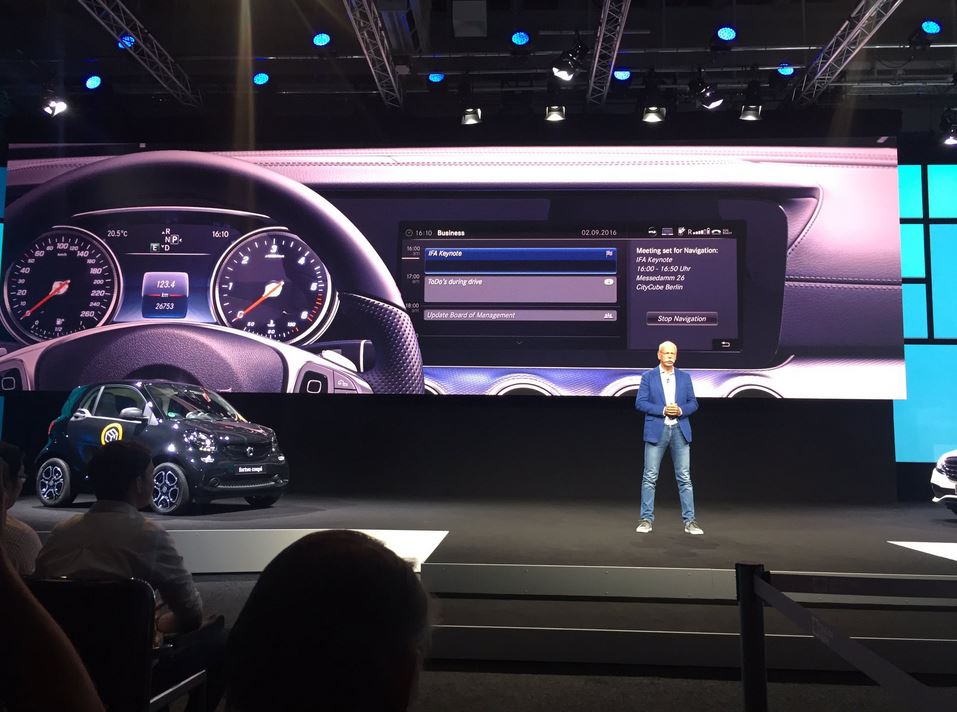Microsoft Office in your dashboard: this is what it will be like to ride in a Surface Car

Microsoft Surface is a concept that seems to transcend mere hardware, and Microsoft’s focus on ubiquity of services encompass IoT in ways that go beyond smart homes and wearables, and play directly on the automotive playing field, where Apple and Alphabet Inc are already well invested.
A recent partnership between Microsoft and automaker Renault-Nissan, promises to bring Microsoft Office to the dashboard. What this means, could be well beyond checking your email in Outlook, or scheduling appointments.
Connectivity features powered by Microsoft Azure could enable drivers access to cloud services that would allow them to monitor their vehicles, and secure, as well as transfer, drivers profiles from one car to another. This also means features that tie right in with autonomous driving.
How much of the actual Microsoft Office productivity suite we’ll see on dashboards, remains hard to tell, as there are several approaches that could be taken in order to access and manipulate documents and data while driving, with only a handful of safe scenarios, most of which involve autonomous driving as a requirement.
It seems that Microsoft is suggesting that cars become essentially moving cubicles, in which work can be carried out while AI is taking care of the task of taking passengers to work safely. How well, and safe an objective that might be, is also hard to tell, but from what we know, most accidents involving self-driving vehicles are often caused by external factors and other human drivers.
This is not the first time we hear about Microsoft Office in the dashboard, as the company has also been in talks with Mercedes-Benz, towards accomplishing the same objectives, with a project codenamed “In Car Office”.
The case scenario in favor of these types of projects is obvious: making sure that drivers keep their hands on the wheel, and off their phones while driving. Texting is no longer the only factor playing a role in the rate of mobile-related accidents, joined by emails, instant messaging, accessing calendar entries, and other less common actions that are becoming the norm.
The ability to access email, or schedule an appointment via voice commands is not a new concept, and it’s already a reality in iOS and Android. However, the problem is that mobile phones are not nearly as reliable as more powerful in-dash solutions with desktop-class resources. Smartphones may often crash, freeze, reboot, and can also be plagued by poor connectivity, or, in particularly hot locations, be susceptible to extreme heat that could hinder operations when stuck in traffic at peak hours.
An in-dash computer with the processing power of a Surface Pro tablet, the voice-controlled capabilities of Cortana, and cloud access via Azure, would prove to be extremely valuable to drivers who may want access to their work files on their way to the office.
Ready to shop?
If you are looking for the ultimate Windows 10 tablet, PortableOne has the best deals on Surface Pro 3 and Surface Pro 4, as well as a full range of accessories.